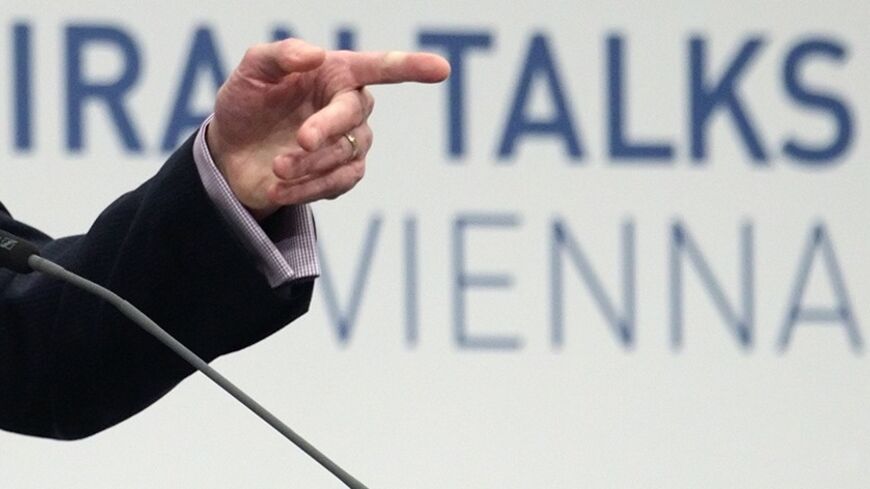With the next round of talks between the P5+1 (the five permanent UN Security Council members plus Germany) and Iran scheduled in Vienna on April 7, Russian Deputy Foreign Minister Sergey Ryabkov’s statement that Moscow could take “retaliatory measures” in the negotiations looms large. But just how serious is the threat?
Broadly speaking, Moscow has three instruments of leverage over the Iran negotiations: its UN Security Council veto, its role in the P5+1 process and the Russia-Iran relationship. Russia’s veto looks like the least important of these, as Security Council action is unlikely before the six-month window for negotiations ends in July. At that point, either there will be a deal — which could be costly for Moscow to veto if Tehran is on board — or there won’t. If there is no deal, Russia probably would not have supported (or abstained from voting on) new UN pressure anyway. So no change.



